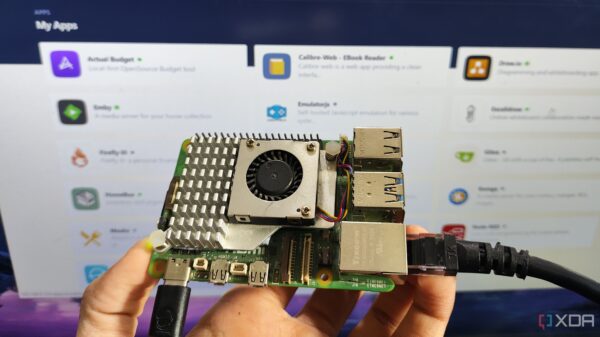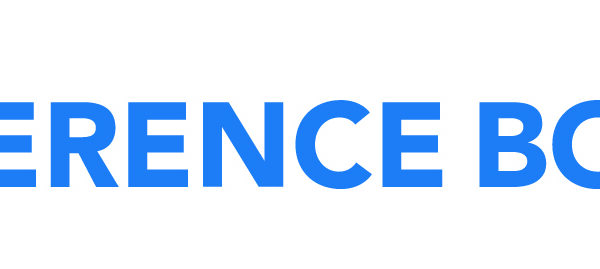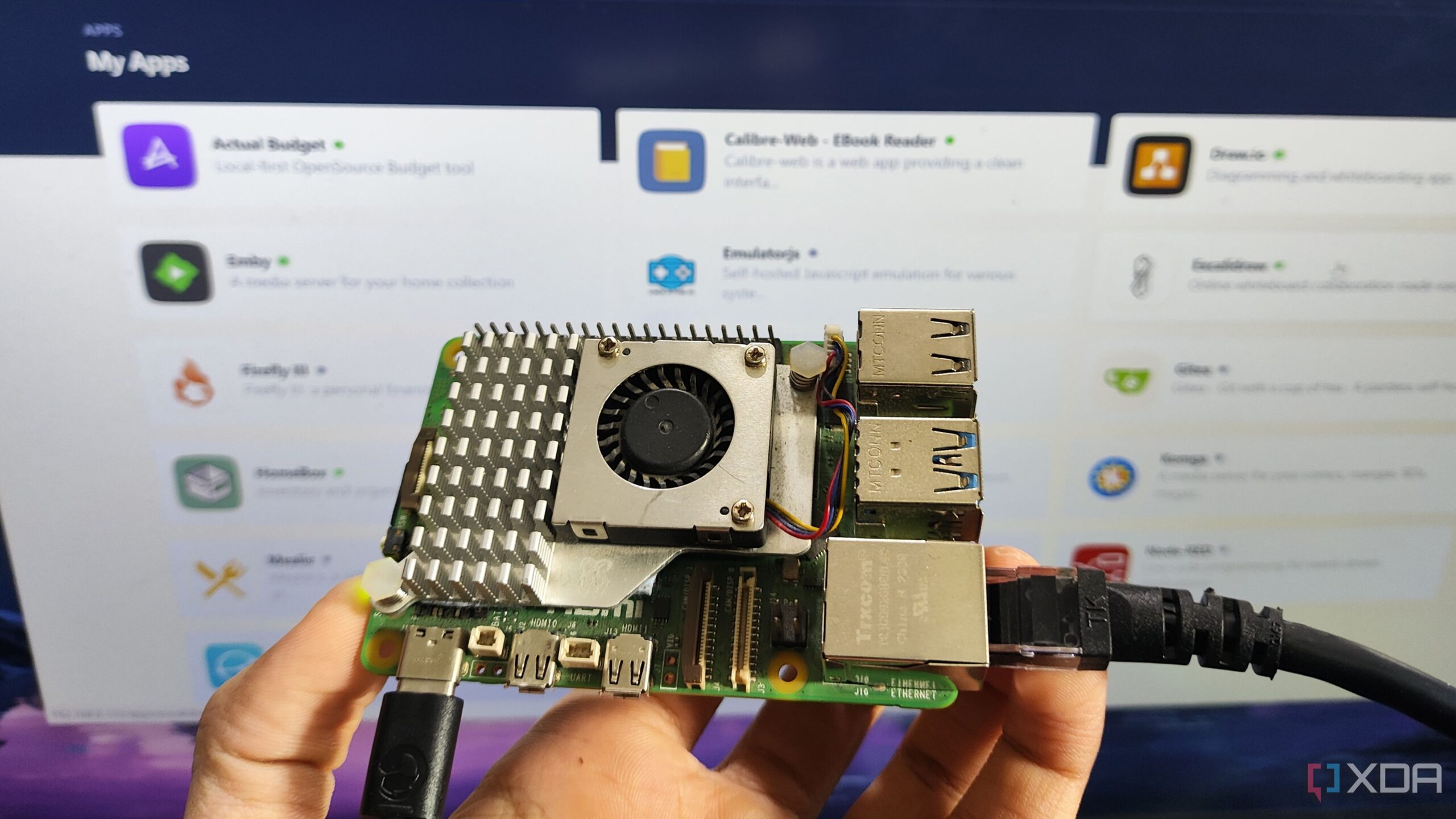UPDATE: A groundbreaking shift is underway in the self-hosting landscape, revealing that you can effectively manage useful services without the need for a dedicated home lab. This revelation is changing how casual users and privacy-conscious individuals approach their computing needs, as new reports confirm that high-end hardware and advanced skills are not prerequisites for self-hosting.
For those looking to transition from expensive third-party clouds to Free and Open Source Software (FOSS), the self-hosting ecosystem is becoming increasingly accessible. Experts emphasize that beginners can dive into self-hosting projects using low-cost devices, debunking the myth that significant investments in server technology are necessary.
A small investment in a cheap mini-PC or even repurposing an old laptop can kickstart your self-hosting journey. As one tech enthusiast notes, “Even a 2014 laptop can effectively run container-hosting platforms.” This flexibility allows users to deploy essential services without the financial burden associated with traditional home labs.
Containerization platforms like Docker, CasaOS, and YunoHost are making self-hosting simpler than ever. These tools require minimal technical know-how and can be installed with just one terminal command on Linux systems. Users can easily switch to a lightweight Linux distribution on their existing machines, making it a viable option for individuals looking to enhance their digital privacy without excessive expenditure.
The use of Raspberry Pi boards as low-power servers is also gaining traction. The latest model, the Raspberry Pi 5, efficiently handles multiple containers, proving to be a powerful ally for running self-hosted applications like Home Assistant and Frigate. This trend allows users to maintain control over their data and services without needing advanced technical skills or costly hardware.
Officials from various tech communities are encouraging newcomers to explore self-hosting, highlighting its beginner-friendly nature. “The majority of local tools don’t require powerful hardware or prior technical know-how,” they state, emphasizing that anyone can join this growing movement.
As more individuals recognize the potential of self-hosting, the demand for accessible solutions will likely surge. Experts warn, however, that the urge to expand into a full-fledged home lab can be strong, often leading to significant investments in new hardware. For now, many users are finding satisfaction in exploring the limits of their existing machines.
In summary, the self-hosting revolution is here, and it’s accessible to everyone. With simple setups and user-friendly platforms, you can reclaim control over your digital environment today. The urgency to embrace these tools is now, as the computing landscape continues to evolve rapidly. Share this information to help others join the movement!



































































